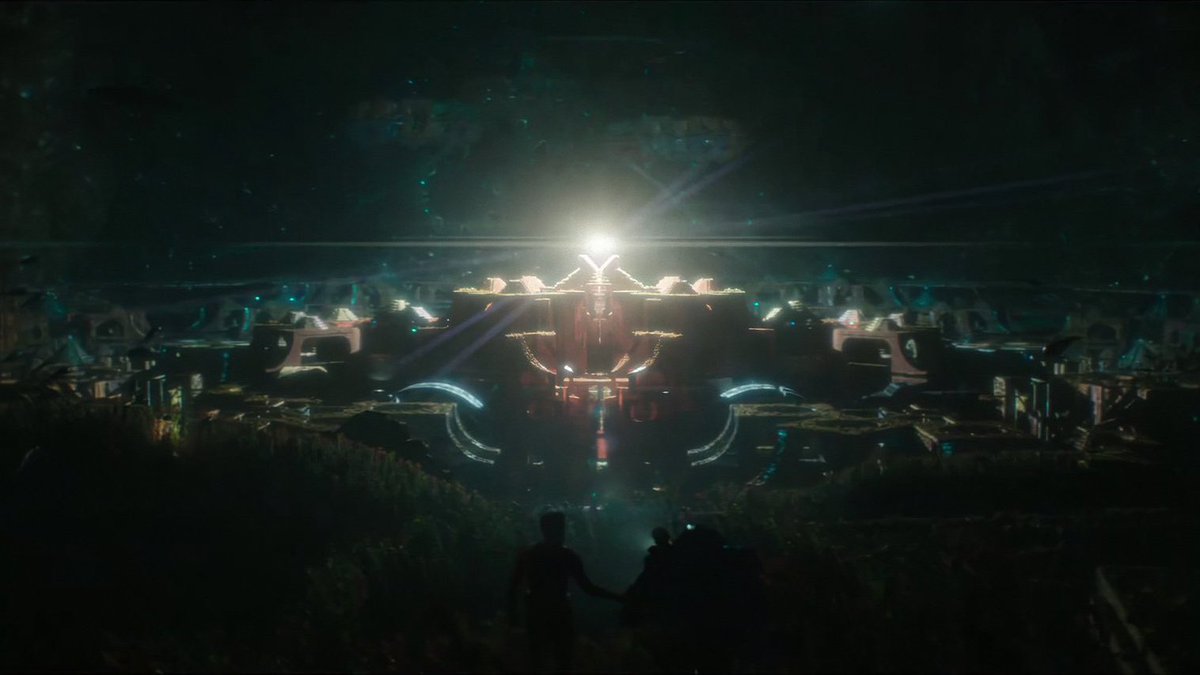The most interesting thing about the Barbie movie is Ken's bloodless revolt against the Longhouse.
You are Ryan Gosling, Gosling is Ken, Ken is Prometheus, and perhaps you are too.
Let's take a look at the parallels between Ken's world and ours...
You are Ryan Gosling, Gosling is Ken, Ken is Prometheus, and perhaps you are too.
Let's take a look at the parallels between Ken's world and ours...

Ken is you. He is an exaggerated western man in the 21st century. Anxious, confused, chasing women who don't care about him.
He exits the Longhouse and discovers his own will-to-power. Like you, he decides to bring this knowledge back to his fellow men.
He exits the Longhouse and discovers his own will-to-power. Like you, he decides to bring this knowledge back to his fellow men.
https://twitter.com/L0m3z/status/1682823303268913152?s=20
Listen to me- this is Ryan Gosling here. He has been the most celebrated avatar of outcast men in our society for years. Ken is the exaggerated antagonist turned hero.
https://twitter.com/MKatorin/status/1682936910157856768?s=20
If you haven't seen it, Gosling finds himself portraying Ken, a doll designed to vie for Barbie's love and affection, for eternity. An all too modern bugman in a gynocentric world.
https://twitter.com/remnantposting/status/1682378206496825344?s=20
Except he's not alone. Gosling is surrounded by other Kens, all of which have the same sole goal: get Barbie's attention.
Like crabs in a bucket the Kens are constantly pulling each other down in an effort to impress her. An all too familiar sight.
Like crabs in a bucket the Kens are constantly pulling each other down in an effort to impress her. An all too familiar sight.
Like the Longhouse, Barbie Land is filled with houses with no walls and no concept of privacy.
Sexual activity is limited in the real life Longhouse for these reasons, but it's made impossible
in Barbie Land because as dolls they have no genitals or any concept of sex.
Sexual activity is limited in the real life Longhouse for these reasons, but it's made impossible
in Barbie Land because as dolls they have no genitals or any concept of sex.

Ken starts off as the feminist's ideal man. A totally subservient man with a desire for Barbie that is not even sexual, it's just programming. He does not know why he wants to sleep over, he just knows it's something he should want.
This all changes when Ken has an opportunity to leave the longhouse for a taste of the exaggerated patriarchal real-world.
Ken is immediately inspired by the achievements of the Faustian man. He develops a fascination with horses, high IQ professions, and feeling respected.
Ken is immediately inspired by the achievements of the Faustian man. He develops a fascination with horses, high IQ professions, and feeling respected.
Rather than stay in a world where men are obviously better off, Ken decides to RETURN. Like a Prometheus, Ken brings the fire of will-to-power back to the other Kens. Men who he was competing with just days before, men who he was long pitted against in the longhouse.
Ken brings these ideas back to Barbie Land and not only do the Kens love it, but the Barbies love it too.
https://twitter.com/moogoesmoo/status/1682752968104329218?s=20
When Barbie returns, she discovers the only resistance to Kendom is the weird, ugly Barbies and Alan, the androgynous Michael Cera.
I think you already know who these people are in your reality.
I think you already know who these people are in your reality.
The weird Barbies try to usurp Kendom by literally brainwashing the other women with feminist talking points. In order to break up the unity of the Kens, they engage in polyamourous activity to get the Kens jealous of each other once again.
https://twitter.com/Antweegonus/status/1682217323019599873?s=20
While this is clearly a fantasy, Ken's exit from the Longhouse happens to men every day in real life. Just as young women are subjected to long lectures on feminist talking-points. Barbie is an exaggeration of this very real divide between men, bugmen, women and feminists today.
Ken's desire for Barbie brought him to the edge, but it was his desire to rise above the mass of Kens that pushed him to take the leap.
When he landed he learned of a world BETTER than his own, and rather than dream it, he shared the knowledge to change his reality forever.
When he landed he learned of a world BETTER than his own, and rather than dream it, he shared the knowledge to change his reality forever.
Ken doesn't just exit the longhouse, he returns to burn it down.
https://twitter.com/haphios/status/1683215644701990912?s=20
• • •
Missing some Tweet in this thread? You can try to
force a refresh









